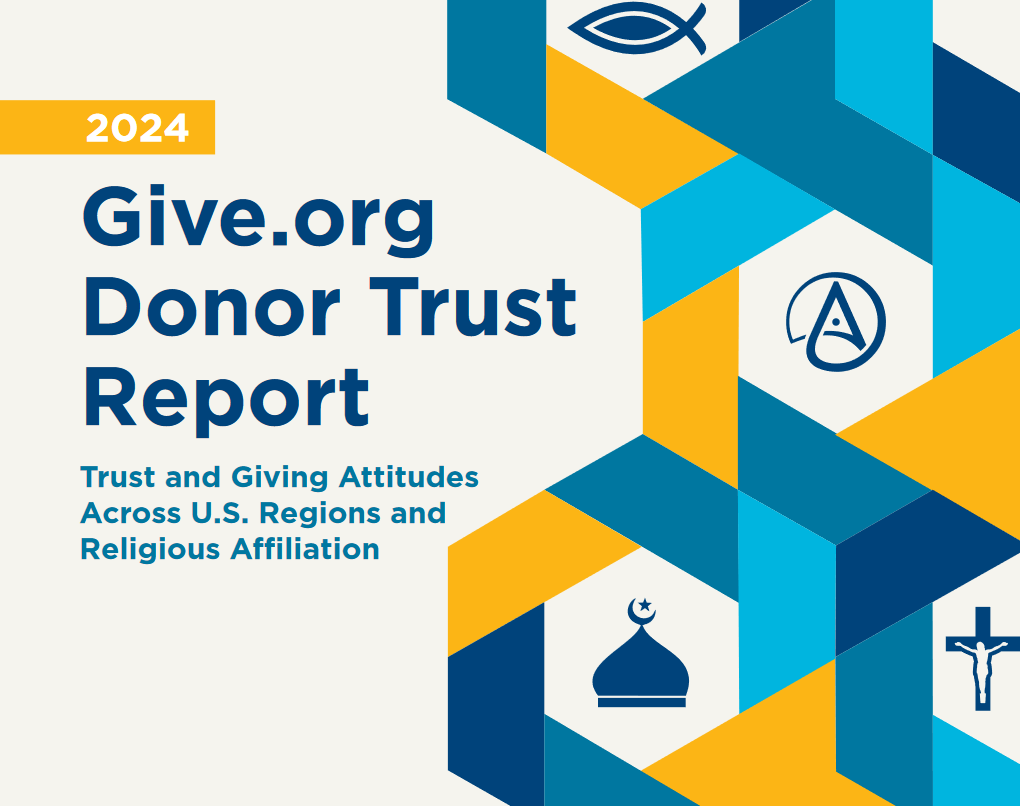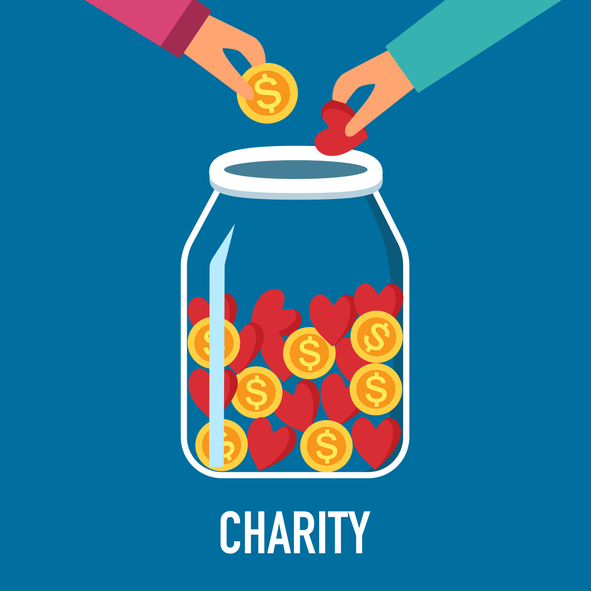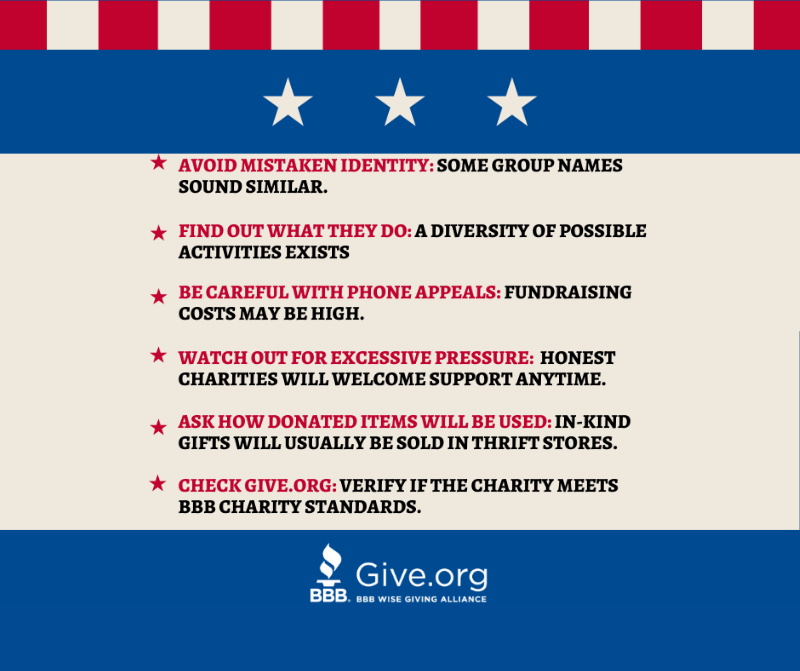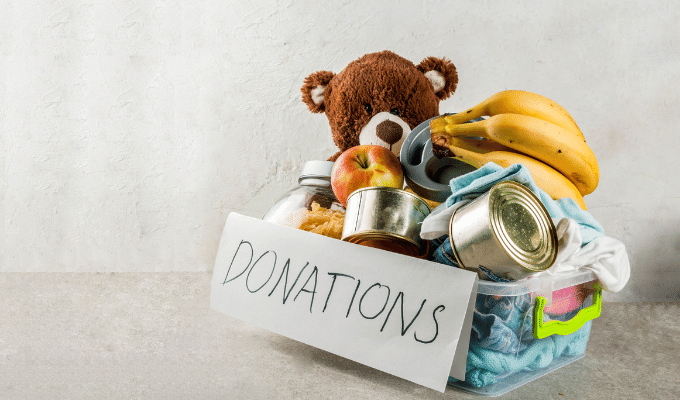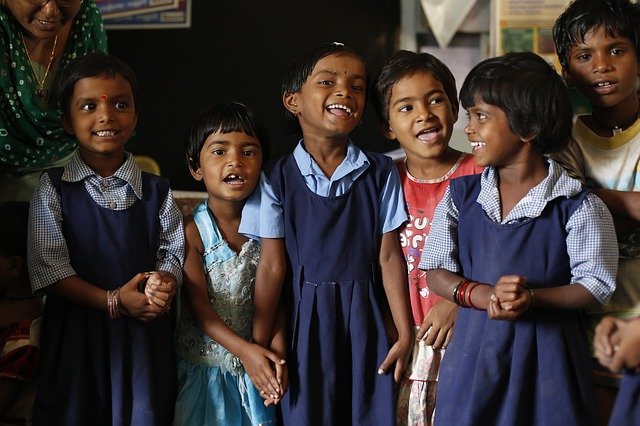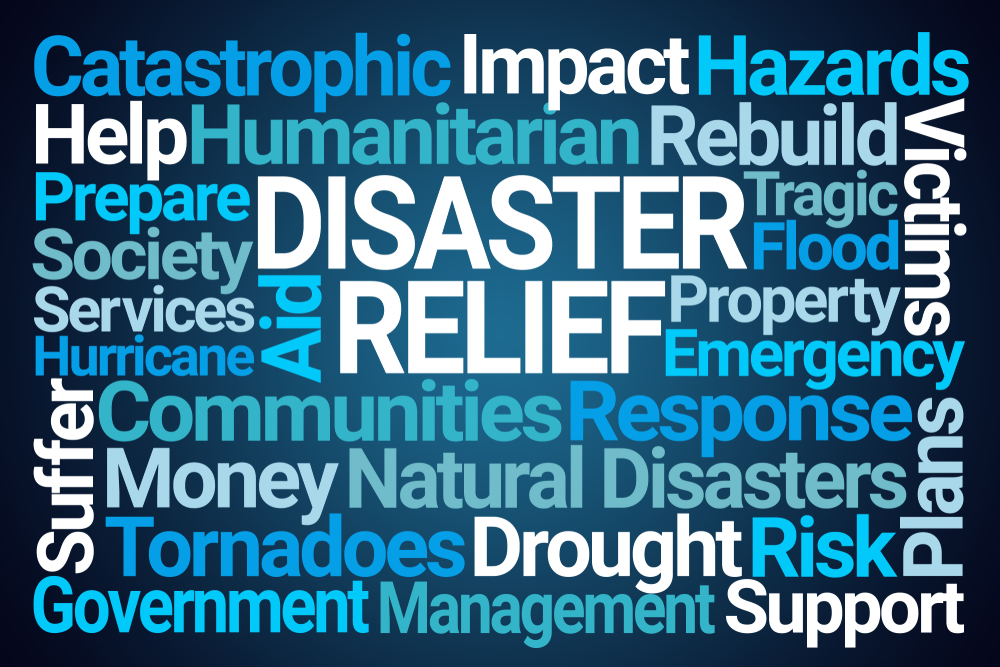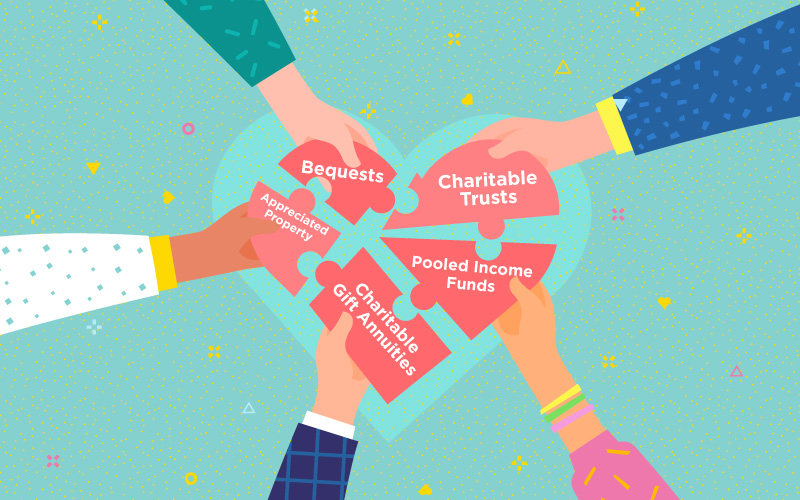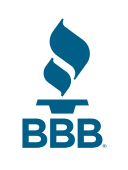Tips on Giving to Organizations Raising Funds for Immigration Issues
In response to public concerns about immigrant children and adults being detained in compounds near the Mexico/Texas border or transported to other locations, many people are seeking ways to help in any way possible. Sadly, scammers often take advantage of these moments of vulnerability to deceive donors. In addition, there are often campaigns set up by well-meaning individuals who may not be able to carry out their promised activities.
BBB Wise Giving Alliance urges donors to give thoughtfully and avoid those seeking to take advantage of the generosity of others. Here are BBB WGA’s tips for trusted giving:
1. Thoughtful Giving: Take the time to check out the charity to avoid wasting your generosity by donating to a questionable or poorly managed effort. The first request for a donation may not be the best choice. Be proactive and find trusted charities that are providing assistance. Visit Give.org to verify if a charity meets the BBB Standards for Charitable Accountability.
2. Crowdfunding: While some crowdfunding sites have taken significant measures to help prevent fraudulent postings, other crowdfunding sites do very little vetting of individuals who decide to post for assistance after a tragedy. As a result,it is often difficult for donors to verify the trustworthiness of crowdfunding requests for support. For more Give.org tips on crowdfunding, check out this Wise Giving Wednesday post.
3. Getting permission to use charity names: Individuals that decide to raise funds on behalf of an organization addressing immigrant issues should get permission from the subject charity before doing so.
4. Be cautious about in-kind fundraising. Some individuals or organizations may raise funds to distribute in-kind assistance (such as clothing, televisions, toys, etc.) to immigrants in detention centers. Unless advance arrangements have been made to provide access for such distributions, solicitors may not be able to fulfill such well-intended promises.
5. Government Registration: About 40 of the 50 states in the U.S. require charities to register with a state government agency (usually a division of the State Attorney General’s office) before they solicit for charitable gifts. If the charity is not registered, that may be a significant red flag. In Canada, all charitable organizations must be registered with the Canada Revenue Agency. If an organization is claiming to be a charity and they aren't registered with the CRA, that's a red flag.
6. How Will Donations Will Be Used? Watch out for vague appeals that don’t identify the intended use of funds. For example, how will the donations help immigrant children and their families? Also, unless told otherwise, donors will assume that funds collected quickly in the wake of a tragedy will be spent just as quickly. See if the appeal identifies when the collected funds will be used.
7. Advocacy Organizations: The immigration issues can generate requests from a variety of advocacy organizations on both sides of the political aisle. Donors can support these efforts as well, but note that some of these advocacy groups are not tax exempt as charities. Also, watch out for newly-created advocacy groups that will be difficult to check out.
8. Online Caution: Never click on links to charities on unfamiliar websites or in text messages or email. These may take you to a look-alike website where you will be asked to provide personal financial information, or may download harmful malware onto your computer. Don’t assume that charity recommendations on social media have already been vetted.
9. Financial Transparency: After funds are quickly raised in reaction to public concern, it is even more important for organizations to provide an accounting of how funds were spent. Transparent organizations will post this information on their websites so that anyone can find out without having to wait until the audited financial statements are available sometime in the future.
10. Newly-Created v. Established Organizations: This is a personal giving choice, but an established charity will more likely have the experience to quickly address the circumstances and have a track record that can be evaluated. A newly-formed organization may be well-meaning, but will be difficult to check out and may not be well managed.
11. Tax Deductibility: Not all organizations collecting funds in the U.S. to address immigration issues are tax exempt as charities under section 501(c)(3) of the Internal Revenue Code. Donors can support these other entities, but keep this in mind if they want to take a deduction for federal income tax purposes. You can check a U.S. organization’s tax status here. In Canada, only specific types of registered charities are able to provide tax receipts. If you are not sure whether your donation would be eligible for a tax credit, contact the Charities Directorate at 1-800-267-2384. You can also search for information on which organizations can issue official donation receipts here.
ABOUT BBB WISE GIVING ALLIANCE: BBB Wise Giving Alliance is a standards-based charity evaluator that seeks to verify the trustworthiness of nationally-soliciting charities by completing rigorous evaluations based on 20 holistic standards that address charity governance, effectiveness reporting, finances, fund raising, appeal accuracy, and other issues. Learn more about the 20 BBB Charity Standards and about local charity review at local Better Business Bureaus at Give.org.




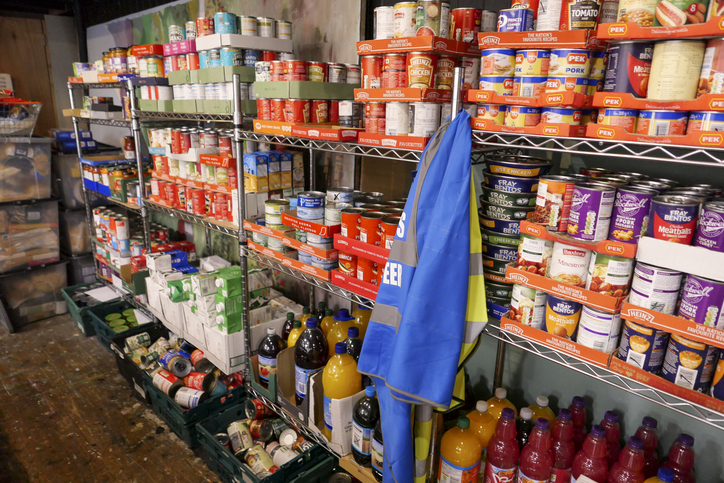







.jpg?sfvrsn=8073f1a5_0)


